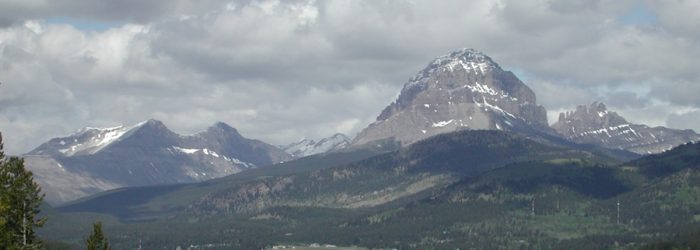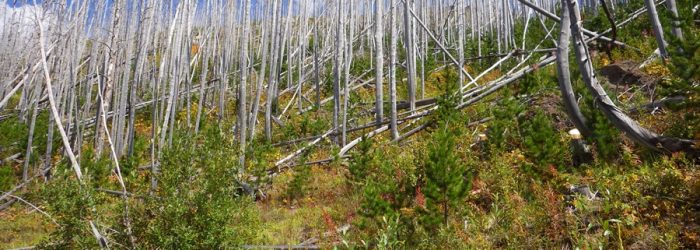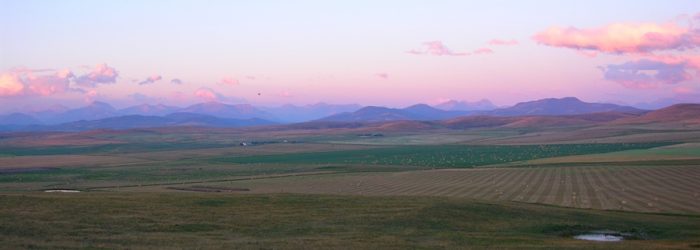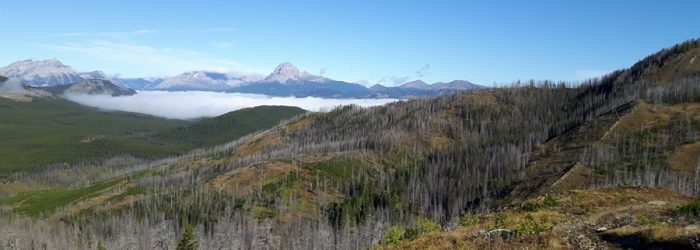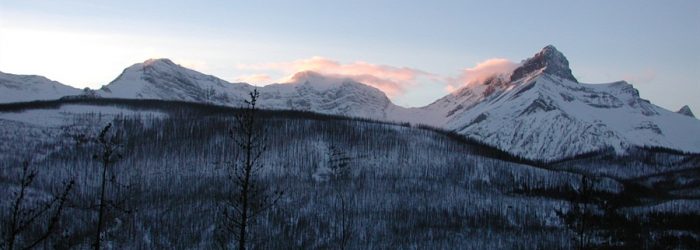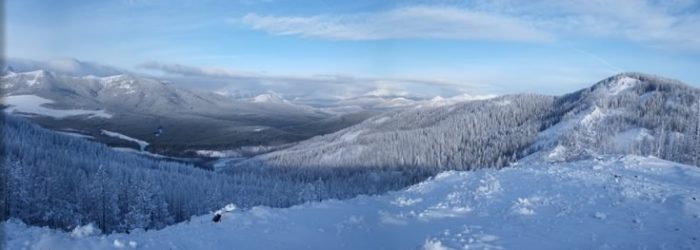Alberta’s Rocky Mountain Headwaters
The Rocky Mountain eastern slopes of Alberta form a critically important source water region for the province. Water is a keystone component of the natural environment that supports both the ecological integrity of the region and people living within and downstream of the eastern slopes.
The Rocky Mountain headwaters of the South Saskatchewan River basin are particularly critical to southern Alberta because the headwaters creeks and rivers produce the vast majority of the water in the basin. Most of this water originates from melting of large mountain snowpacks along with early to mid-summer rains. High precipitation and the geology, soils and vegetation regulate the hydrology of the region to produce high quality water supplies that support the diverse ecosystems of the area and a broad range of water-dependent ecological and social “values”.
The broad goals of the Southern Rockies Watershed Project are to:
Develop a better understanding of connections between the climatic, hydrological, and ecological factors regulating this key headwater landscape (including natural and human related disturbance pressures) and,
Link this information with the condition of downstream water resources at larger basin scales, including implications for municipal water supplies for drinking water. The project is unique in bringing together a highly diverse team of water and natural resource scientists spanning headwaters hydrology, disturbance ecology, large basin-scale river processes, water treatment engineering, and natural resource sociology and economics to generate information needed for the protection and sustainable management of these critical water resources. This research spans a range of scales from smaller watersheds in the headwaters of the Oldman River basin and the Elbow River to larger river basin scales.

